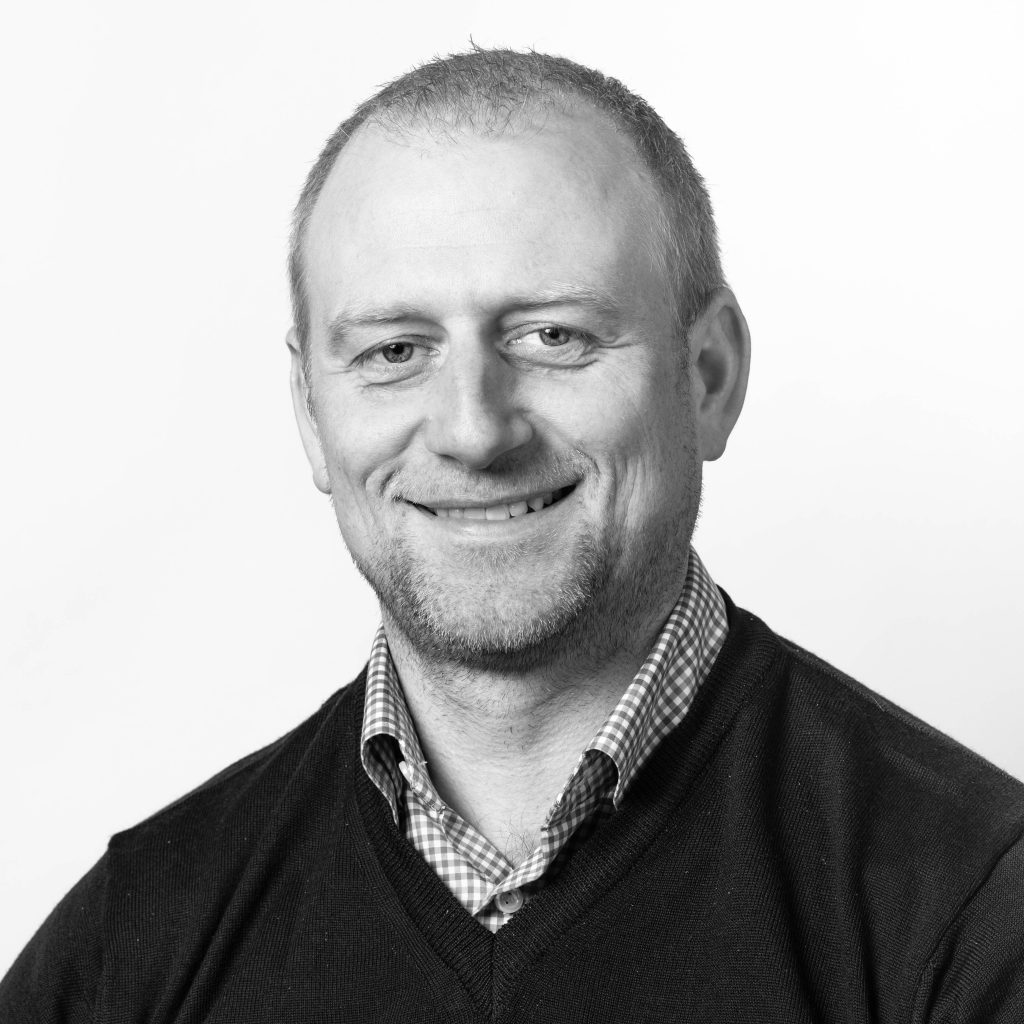Work package 1
Reuse of fish farming equipment
One of the top items in the waste pyramid is reuse and is an important area in order to reduce the use of resources. Work will be done on reusing products within the same area of use or for another application or market. The work package forms the basis for enabling extensive reuse of plastic materials in sea facilities. Activities such as effective cleaning, disinfection of the equipment and re-certification of equipment are included.
he work will also be coordinated with the GJENTA(U) project
The work package is headed by:

Helene Øyangen Lindberg
Work package 2
Lifetime extension of fish farming equipment
Reuse and lifetime extension of equipment is currently only used to a small extent for plastic equipment in fish farming, which is something this project will change. Key activities in this work package will be to develop new and efficient methods for cleaning plastic components, condition analyses, documentation and upgrading of the technical material properties of discarded equipment. Standards such as NYTEK and NS 9415 currently limit the use of used equipment, which is also something the project will work on.
See examples of lifetime extension of floating collars:
Norsk
Engelsk
The work package is headed by:
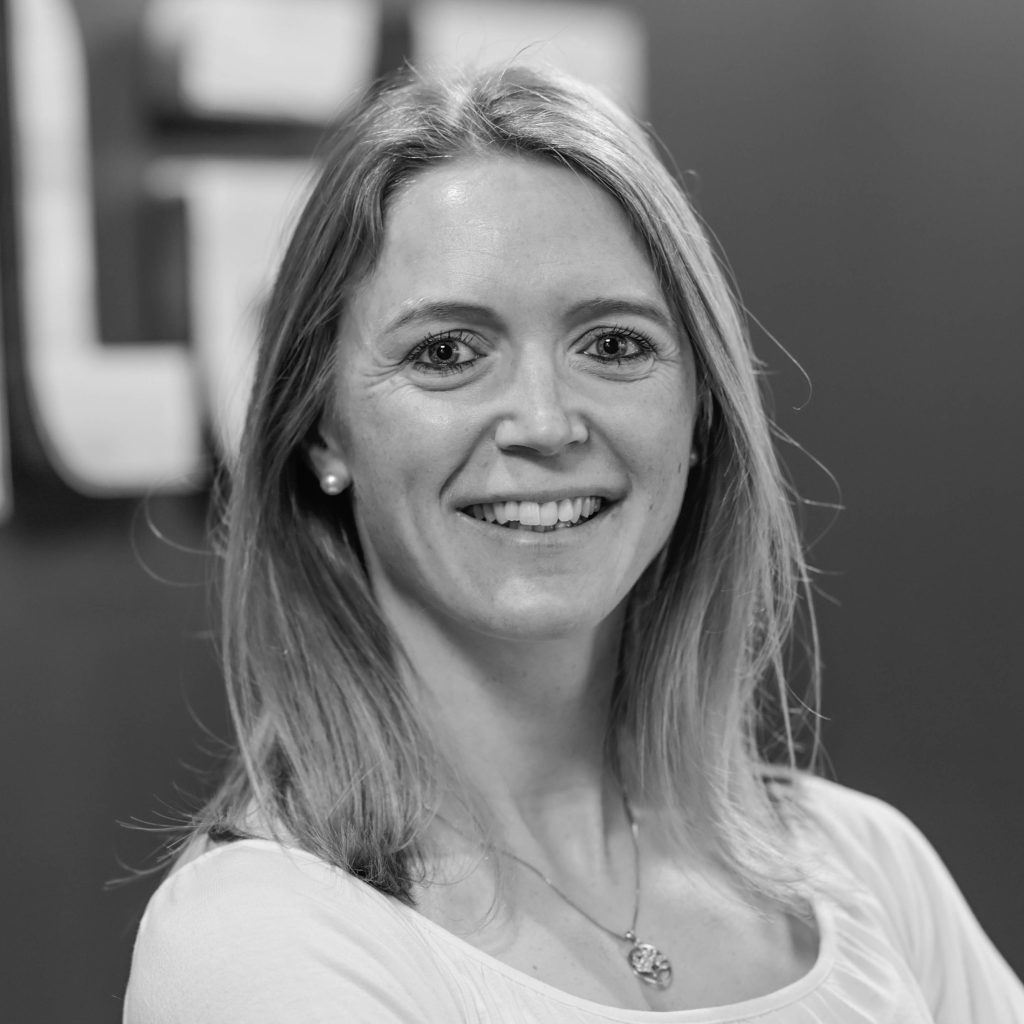
Marie Stoknes
Work package 3
Technology for the increased use of recycled plastic from fish farming facilities
The purpose of this work is to ensure material recycling of plastic equipment from the aquaculture industry. The work will develop, test and establish suitable processes for high-quality mechanical recycling, lifetime extension and upgrading of the technical material properties of discarded equipment.
The work package is headed by:
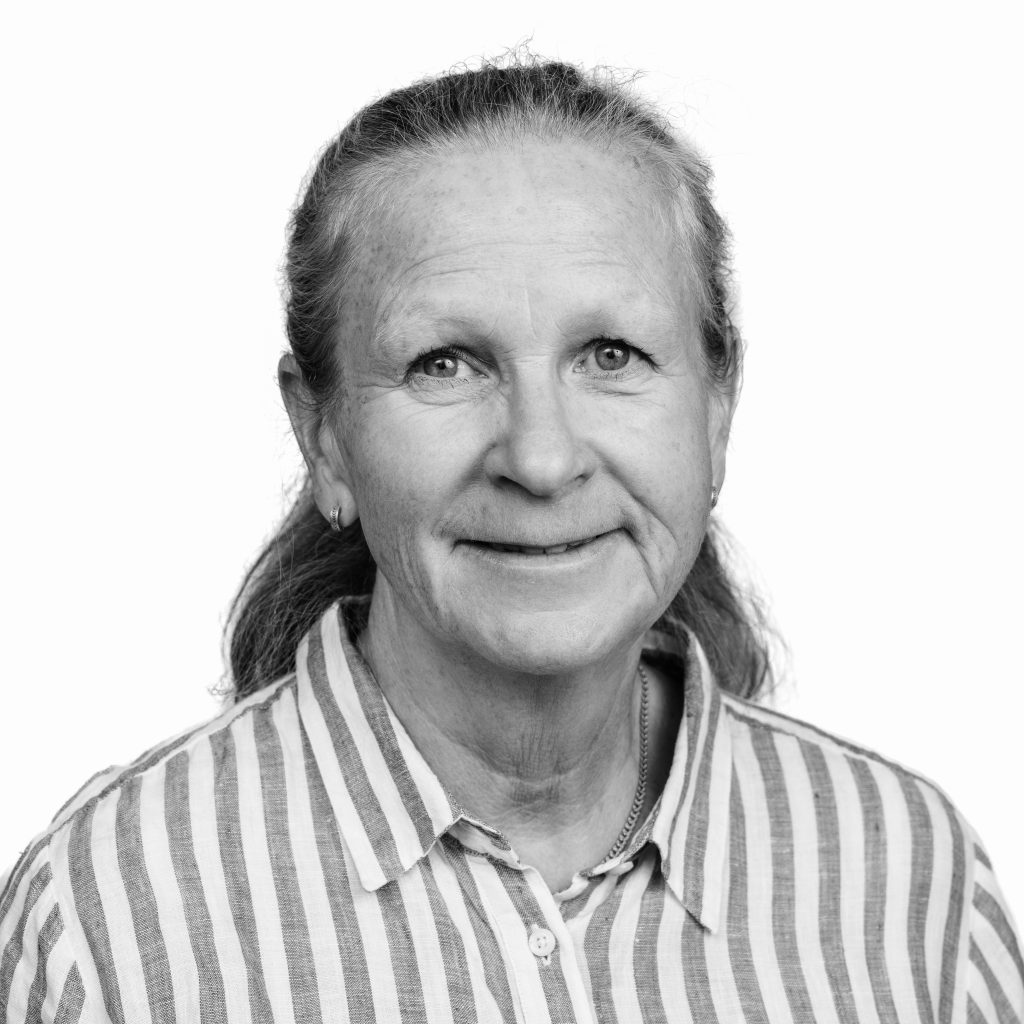
Jorunn Nilsen
Work package 4
Systemic design for aquaculture technology
ystemic design forms the basis of this work to investigate the opportunity of creating circular solutions for future fish farming equipment in the aquaculture industry. The project will take a holistic approach to the problem using system analyses that can demonstrate the effect of proposed changes in isolation, and furthermore whether such changes have a desirable or undesirable impact on the overall system. The results of these analyses will be brought forward to develop proposals for changes (eco-design). Systemic design is based on traditional eco-design methods but deviate from these in that the orientation for the study is systemic, which is to say that by reviewing the overarching system and associated sub-systems and the structure these depend on, the context the design is intended to work in is clarified. Such an approach allows one to predict the broad impact a design proposal will have, and thereby further plan for minimal environmental impact.
The work package is headed by:
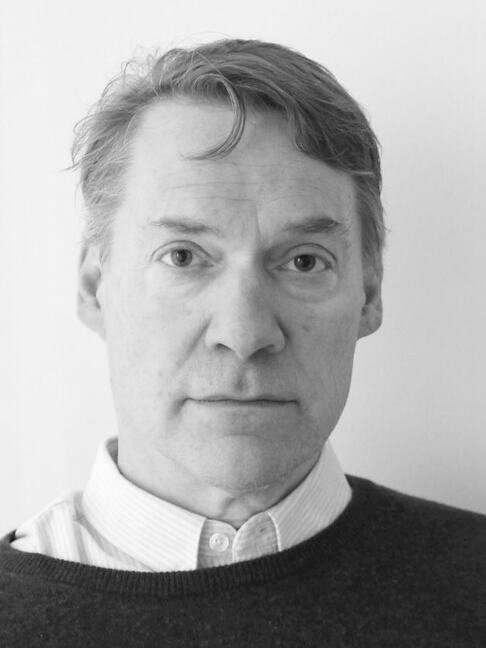
Tore Gulden
Work package 5
Environmental documentation and digital solutions for traceability through the circular value chain
Digital solutions will be developed throughout the value chain for tracking, material flow between players and information sharing. A good and comprehensive understanding of one’s own environmental footprint is essential for effective environmental management. Life cycle analyses and environmental documentation (EPD) will be prepared.
The work package is headed by:

June Valla
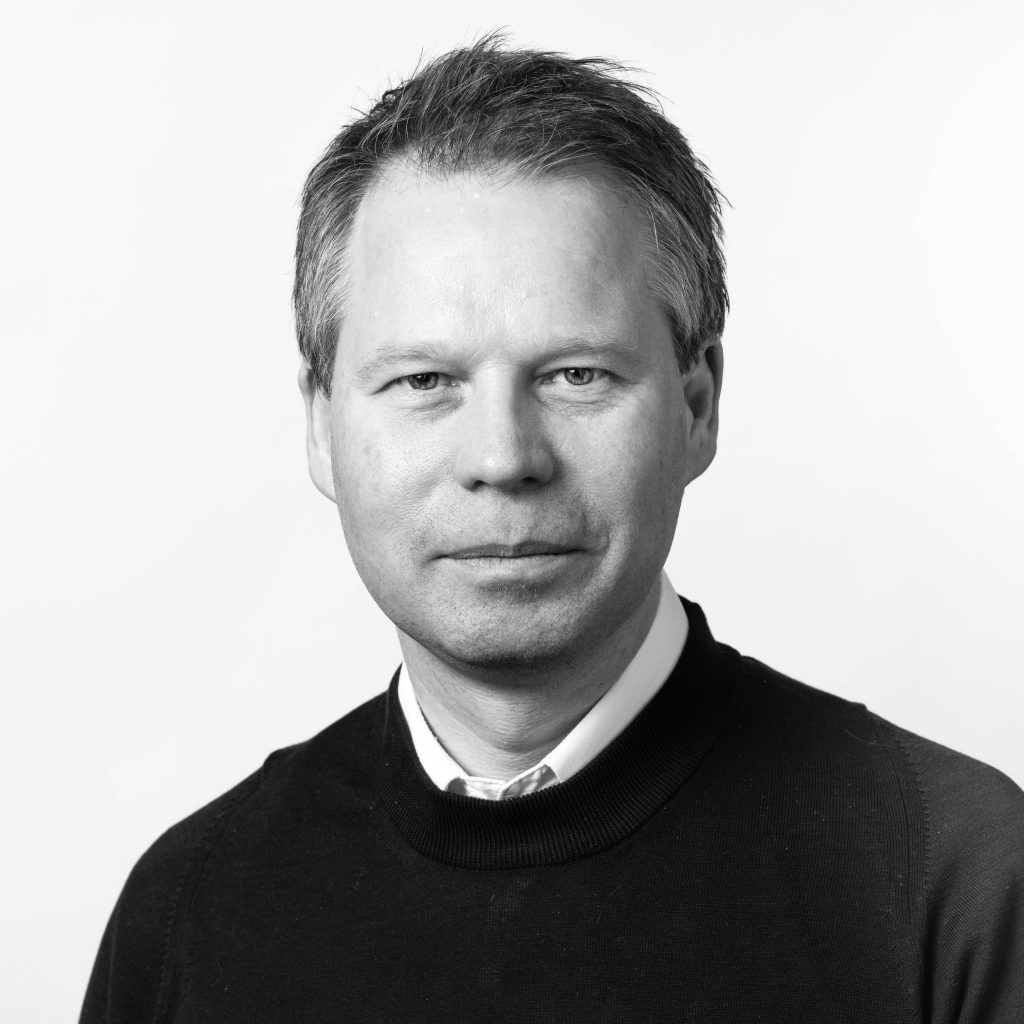
Ståle Sæther
Work package 6
Piloting, commercialization and implementation
The piloting of new solutions, processes and full-scale trials with recycled materials and reuse solutions will be carried out in the catapult center and at the marine tank with SINTEF Ocean. Implementation and upscaling of equipment with used and recycled plastic will take place at fish farms, and suppliers will play a decisive role in commercializing the solutions developed in the project.
Feed hoses made from recycled material from ScaleAQ’s floating collars
The work package is headed by:
